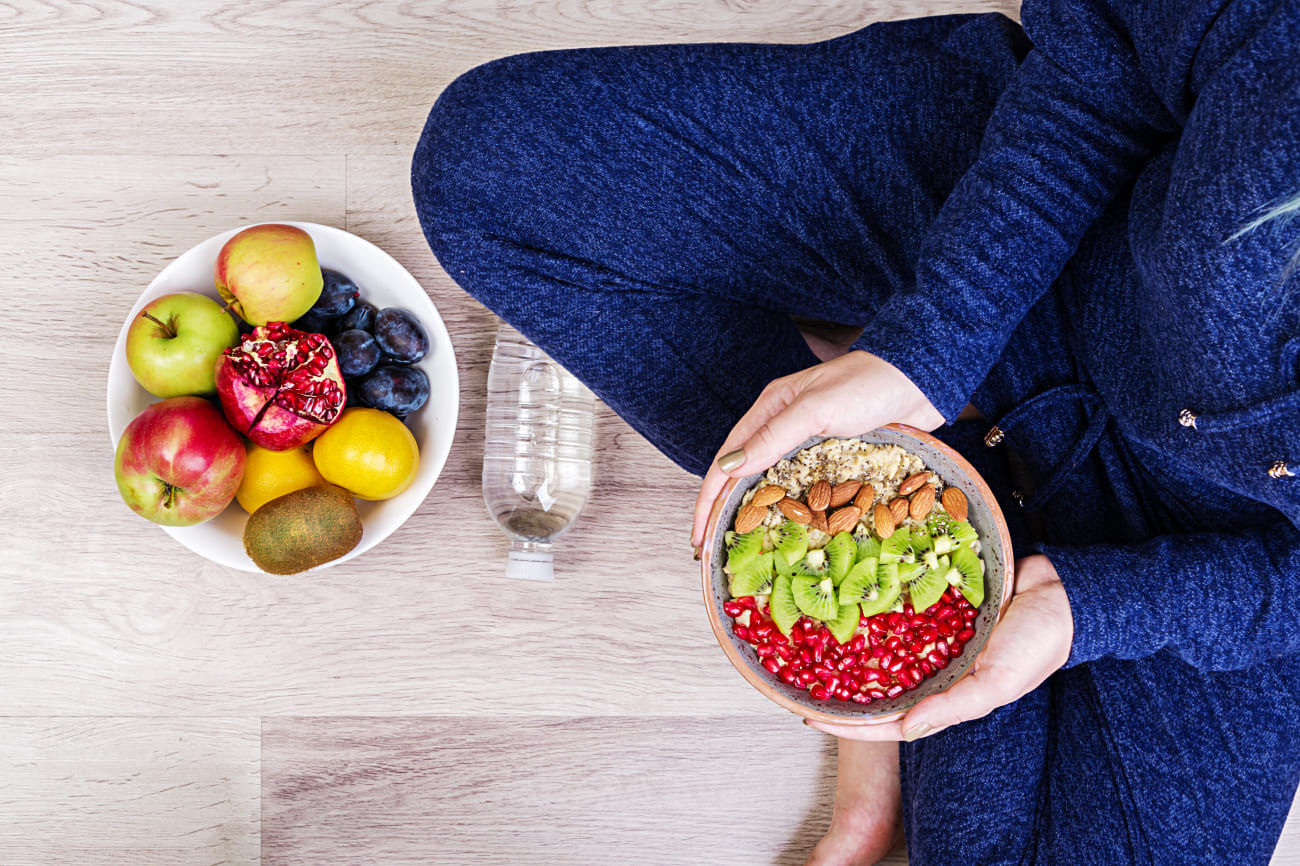Colitis Diet: What to Eat and What to Avoid

If you’ve been diagnosed with colitis, you’re probably aware that diet plays a huge role in managing your symptoms. Colitis—inflammation in the colon's lining can cause uncomfortable issues like cramping, bloating, and diarrhea. While food isn’t the root cause of colitis, it can aggravate or ease symptoms. So, knowing what to eat and avoid can make a difference in your daily life.
Foods You Can Eat When on a Colitis Diet
When we hear the word diet, the list of foods we can eat starts to shrink, leaving us with only a few options. So, here’s a list of foods you can savor when on a Colities diet.
-
Low-fiber vegetables
Reducing fiber intake prevents colon irritation when dealing with colitis flare-ups. Cooked or steamed vegetables like carrots, zucchini, and sweet potatoes are easier on the digestive tract and provide necessary vitamins without the roughage of raw veggies.
-
Lean protein
Protein is essential for healing and energy, but fatty cuts of meat can trigger inflammation. Stick to lean sources like skinless chicken, turkey, and fish. Eggs are another excellent option as they are easily digestible and nutrient-rich.
-
Refined grain
While whole grains are generally healthy, they can be harsh on a sensitive digestive system. Instead, opt for refined grains like white bread, white rice, and pasta during flare-ups. These are easier to digest and help you maintain energy without upsetting your gut.
-
Probiotic-rich foods
Probiotics can support gut health by introducing good bacteria to the digestive tract. Incorporating foods like yogurt (with live cultures), kefir, or miso into your diet can help balance your gut flora, potentially reducing colitis symptoms.
-
Bananas and applesauce
Bland, low-fiber fruits like bananas and applesauce are often well-tolerated during flare-ups. These fruits are easy to digest and provide essential vitamins and minerals without irritating the gut.
Foods You Must Avoid When on a Colitis Diet
Maintaining your gut health can be challenging when you’re on a strict Colitis diet. The risk level only increases if you’re allergic or intolerant to some foods. So, here’s a list of foods you must not eat to maintain a happy gut.
-
High-fiber foods
Foods high in fiber, such as raw vegetables, popcorn, and whole grains, can worsen colitis symptoms by irritating the inflamed colon. These foods are more challenging to break down, leading to bloating, cramping, and increased bowel movements.
-
Dairy products
Many people with colitis are sensitive to lactose, the sugar in dairy products. Milk, cheese, and ice cream can cause bloating and diarrhea, especially if the person is lactose intolerant. In that case, choosing lactose-free or plant-based alternatives like almond milk is wise.
-
Fried and fatty foods
Fatty and fried foods are tough on the digestive system and can exacerbate colitis symptoms. Greasy meals like French fries, burgers, and anything deep-fried can lead to more inflammation, so it’s best to avoid them.
-
Spicy foods
While you might love the heat, spicy foods can be a nightmare for someone with colitis. Hot peppers, curry, and other spicy dishes can irritate the colon and trigger symptoms like diarrhea and cramping. It’s best to stick to milder flavors to keep your gut calm.
-
Caffeinated beverages
Coffee, soda, and energy drinks may temporarily boost you but can also irritate your digestive system. Caffeine is a stimulant that can increase bowel movements and worsen diarrhea during a colitis flare-up.
Managing colitis with the proper diet can help reduce discomfort and improve your quality of life. Focus on gentle, easily digestible foods, and avoid irritants like high-fiber veggies, spicy meals, and caffeine. Always consult your doctor or a dietitian to create a meal plan that works best for your condition.
